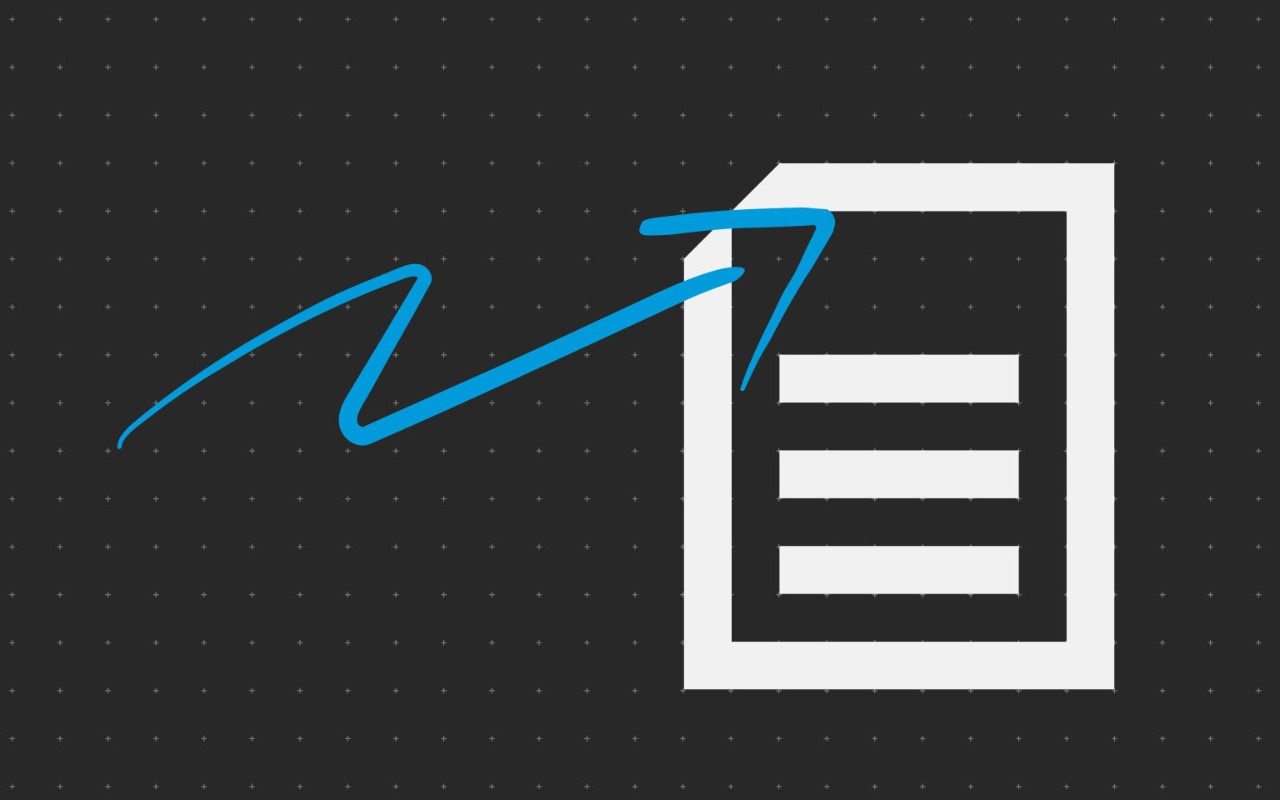Find the knowledge in the noise
In this digital society, we are constantly served a stream of news, fake news, developments, entertainment, marketing, social media and propaganda. With so much stimulus, from so many sources, it can be confusing to untangle fact from fiction, but to develop wisdom, we need to learn what can be absorbed as knowledge and what should be ignored.
If we can master where to place our attention, we can eliminate a lot of stress by cutting out the noise and concentrating on what really matters.Fortunately, this is an area in which Nobel Laurette Richard Feynman has spent time developing a 7 step formula based on science to quickly determine if someone knows what they are talking about and train your brain to evaluate the quality of information. This article goes into a lot more detail, but in summary Feynman’s ‘tricks’ are as follows:
- Decide if it is a credible source – this technique is fairly straight forward according to Feynman, who recommends asking naïve, honest and relevant questions. If the person doesn’t know enough they will quickly talk themselves into a corner, but if they have learnt something via the Feynman Technique, they will be able to make educated analogies
- Deal with uncertainty – very little in life is 100% true, which is why Feynman suggests putting things on a gradient from “probably true” to “probably false” before deciding how to deal with uncertainty. Do you know enough to make an emotional or intellectual decision in this situation
- Investigate if it remains true – if something is true, it should remain consistently true when new evidence, and refined ways of experimenting are introduced. If we retest and the outcome becomes weaker, it may not be true.
- Ask the right question – instead of getting caught up in asking ‘could this be the case?”, we need to ask “is this actually the case?”
- Expand on your ways of exploring the situation - Don’t use the data that alerted you to the clue to make the conclusion – you can’t accurately judge if something is true from a single source, you need to expand on your ways of exploring its truth.
- Anecdote is not data – don’t base information on anecdote, proper statistical sampling needs to be conducted to verify whether something is true.
- Errors can come from a lack of proper information – we need to explore all the options and make sure we have all the correct information on hand to ensure that we are presenting the whole truth.
While all these tricks may not apply to some of what we encounter on a daily basis, it’s fair to assume that by adopting a probing and scientific view to information, we can cut through a lot of fluff to arrive at knowledge and thereafter, ‘put knowledge to work’.
